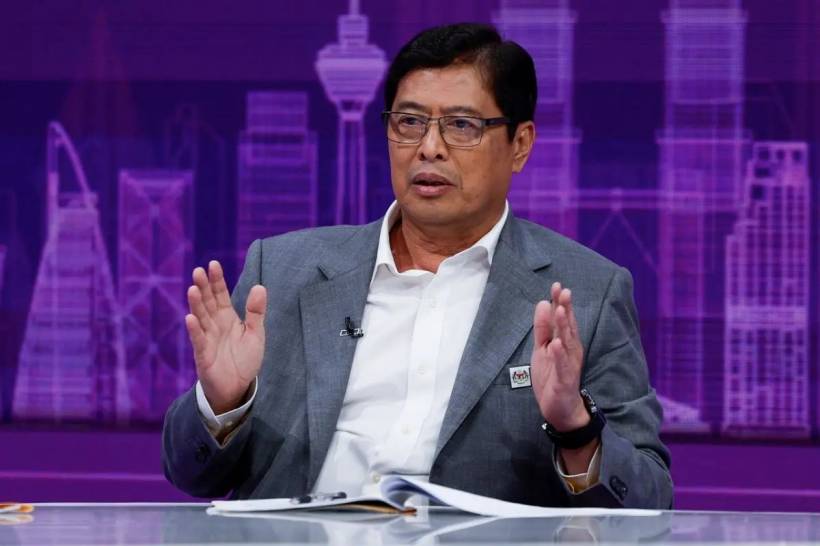The misuse of technology, including cyber threats and digital fraud, has the potential to create an entirely new form of corruption, warned Malaysian Anti-Corruption Commission (MACC) chief commissioner Tan Sri Azam Baki.
Speaking at the Good Governance Conference (GGC) 2025, he emphasized the urgent need for Malaysia to enhance cooperation with key stakeholders, including corporate entities, investors, traders, academicians, NGOs, and civil society organizations (CSOs), to develop robust technological solutions that promote transparency and accountability.
The Need for Stronger Governance in the Digital Era
Azam highlighted that technology abuse—especially cyber threats—could redefine corruption in the coming decades, making it more sophisticated and harder to detect. To counter this, he stressed the importance of:
Malaysia's Long-Term Vision for Transparency
In line with Malaysia's Mid-Term Review of the 12th Malaysia Plan (12MP), the government aims to position Malaysia among the top 25 nations globally in the Corruption Perception Index (CPI) by 2033.
To achieve this, Malaysia must improve its CPI score to between 68 and 70 points, requiring consistent annual progress of at least two points.
Despite efforts, Malaysia's CPI ranking in 2024 remained unchanged at 57th place out of 180 countries, a position it has held since 2013.
Special Task Force to Drive Anti-Corruption Initiatives
Recognizing the urgency of progress, the government established the Special Task Force on CPI in May 2024, led by Chief Secretary to the Government Tan Sri Shamsul Azri Abu Bakar.
This task force is responsible for:
The Impact of Corruption on Society and the Environment
Azam echoed Transparency International's concerns, stating that corruption extends beyond financial losses—it also:
Economic Implications: Closing the Investment Gap
Citing the United Nations Conference on Trade and Development (UNCTAD) World Investment Report 2023, Azam pointed out that developing nations face an annual investment shortfall of USD 4 trillion in their efforts to achieve the Sustainable Development Goals (SDGs) by 2030.
This gap has widened from USD 2.5 trillion in 2015, making it clear that governance reforms and anti-corruption measures are essential to restoring investor confidence and securing economic sustainability.
A Unified Effort for a Corruption-Free Future
The Good Governance Conference (GGC) 2025, themed "Advancing the Country's Image Through Governance Reforms: Policy-Performance-People," brought together experts to discuss Malaysia's ongoing efforts to promote transparency and combat corruption.
Jointly organized by MACC and the Malaysian Institute of Integrity (IIM), the conference reinforced the idea that:
Final Thoughts
As cyber threats and digital fraud continue to evolve, so must Malaysia's approach to combating corruption. With the right governance, strategic reforms, and collective commitment, the country can strengthen its institutions, protect its economy, and build a more transparent future.





Comments